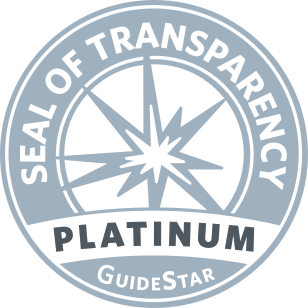French Gene Therapy Company Advancing Three Programs for Retinal Diseases
Eye On the Cure Research News
Horama’s gene therapies are injections of healthy copies of a gene underneath the retina to compensate for the defective gene.
Audio version: Horama, a French biotech developing gene therapies for rare eye diseases, was established in2014 as a spin-off of INSERM, France's public scientific and technology institute. Today, the company has three gene-therapy development programs underway for rare inherited retinal diseases, targeting people with mutations in the genes PDE6B, RPE65, and RLBP1.
"We are pleased with Horama's growing presence and advancements in gene therapy development for inherited retinal diseases," says Stephen Rose, PhD, chief scientific officer at FFB. "They are targeting conditions that cause devastating vision loss, and there are currently no approved therapies for PDE6B or RLBP1 mutations, both of which cause retinitis pigmentosa."
On April 29, at the 2018 meeting of the Association for Research in Vision and Ophthalmology (ARVO) in Honolulu, Horama reported that three people have been treated in its Phase I/II gene therapy clinical trial for people with retinitis pigmentosa (RP) caused by PDE6B mutations. The three‰ÛÔyear trial taking place at University Hospital of Nantes in France will enroll a total of 12patients.
"Horama is very pleased that, in about one year, we obtained the clinical trial approval for PDE6B gene therapy, set up the study at Nantes University Hospital, and recruited the first three patients," says Jean-Yves Deslandes, MD, chief medical officer at Horama. "Thanks to all contributors for their efforts to achieve these key milestones. In the coming year, our focus is to complete enrollment in this study."
Nantes University Hospital, with Pr. Michel Weber as principal investigator (one of the founders of Horama), completed its Phase I/II gene-therapy clinical trial for people with Leber congenital amaurosis caused by RPE65 mutations. Nine people received the treatment, which was safe and showed trends toward improved visual acuity and visual fields, and stabilized nystagmus (uncontrolled eye movements) for patients.
Horama's gene therapies are injections of healthy copies of a gene underneath the retina to compensate for the defective gene. The healthy copies are contained in a human-engineered virus — known as anadeno-associated virusor AAV — which is designed to readily penetrate retinal cells to deliver the therapeutic genetic cargo.




